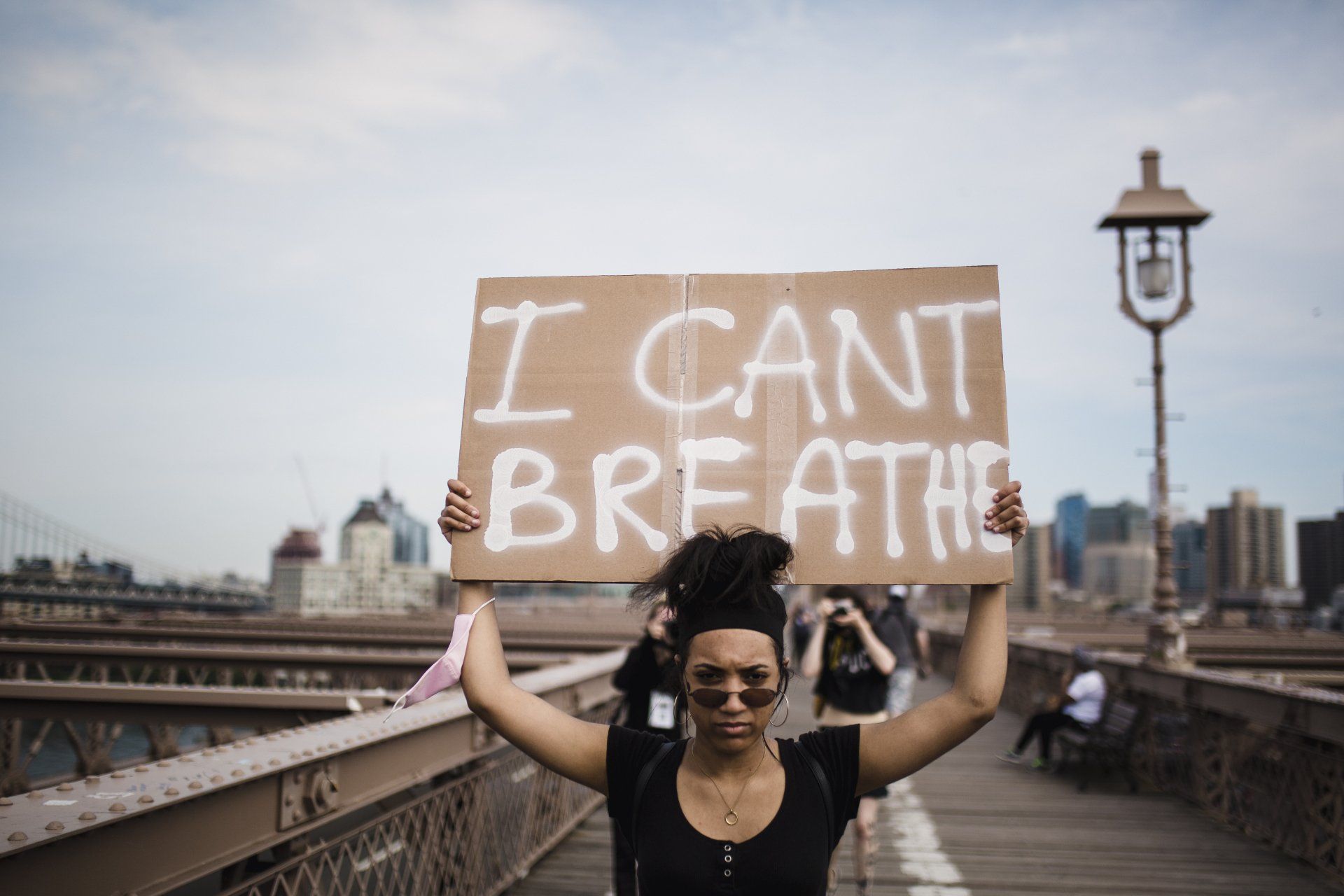What Is Domestic Violence
In criminal law, domestic violence refers to situations where there is violence between a person and his/her spouse (husband, wife, girlfriend, boyfriend, etc. …).
911 & Domestic Violence
911 could be a great tool for a person who is living in a domestic violence situation: it provides the victim of the abuse the opportunity to call the police for assistance. This call should and must be made in real and serious situations of domestic violence where there is violence to the victim and or to the children of the couple. In fact, when there are children involved and present during a domestic violence incident, that 911 call should be made. The police will investigate the allegation and may lay criminal charges against your spouse.
An example of what happens after making a domestic violence call to 911...
I called 911 when I was having an argument with my spouse. The police laid charges against my spouse and imposed on him conditions not to communicate with me and not to live with me anymore. I don’t know where my husband is living right now, he is not answering my calls and I need to talk to him regarding the kids. I love my spouse but I was just upset at him in that moment and I wanted him to stop bothering me. I didn’t know things would get that serious and that it will be so difficult for me to speak with him again. I want him back in my life and in my children’s life…
If you have encountered a similar situation, then keep on reading.
What Happens After Calling 911 For A Domestic Dispute?
There are cases of domestic disputes, however, when a person calls the police as a way to punish his/her spouse without really wanting charges to be laid. The problem in these cases is that once the police arrive and investigate the case, they may lay charges against your spouse who will then be facing criminal charges with the potential of having a criminal record if convicted of the crime. In addition, your spouse will have to abide by conditions either imposed by the police or by the court. Those conditions include a condition not to communicate with you in any way directly or indirectly: this includes face to face communication, phone calls, text messages, Twitter messages, Facebook messages, etc. … Your spouse will not be able to communicate with you even if it is to deal with issues related to the children, unless there is an exception that allows him to do. But generally speaking, once you call the police and the police lay charges, it becomes difficult to have things back to normal with your spouse.
What If The Police Lay Charges?
For this reason, it is important to know in advance what could happen once you call 911 and the police do lay charges. If the reason for the call is simply to take revenge against your spouse because you were angry at him/her at the moment, you might want to think twice before you make that call and make your life and that of your spouse more complicated.
If on the other hand there is physical or verbal violence in your household you should make that call. If the abuse is ongoing you should make that call. If you fear for your safety and/or the safety of your children, you should definitely make that call. If however, you just want to make a point to your spouse that you are angry when there is no ongoing violence/abuse and no reason for you to fear for your life, then consider whether you can make your point in a different way without getting yourself and the rest of your family involved in a more serious situation where you now have to go to court.
Use your judgement before you make that call and consider the nature of your relationship. Only you know how bad or serious things are.
Domestic violence is a prevalent problem in our society. Sadly, the pandemic has led to increases in domestic violence cases. It is important to know about this issue if you are living in a household where there is domestic violence or if you are accused of committing a crime in a domestic violence context.
For more information about domestic violence, please see my recent interview, in Arabic, about domestic violence on the link below:
https://www.facebook.com/watch/live/?extid=sftoyEecSwjhpRg8&v=329348041472764&ref=watch_permalink

About The Author
Maya Shukairy is a criminal defence lawyer based in Ottawa, Ontario. Before becoming a criminal defence lawyer, she worked in a Crown’s Office gaining experience working as a Crown prosecutor. Maya offers her services in English, French and Arabic. Shukairy Law has affordable rates and accepts Legal Aid certificates.
Find this post informative?
Share it with your friends and family.
CAUTION: the information on this page does not constitute legal advice and is NOT a substitute for legal advice. To obtain legal advice please refer to a lawyer. If you do not have a lawyer and you are seeking legal advice, you may contact us at (613) 670-5819.
Take a look at a few other posts...



